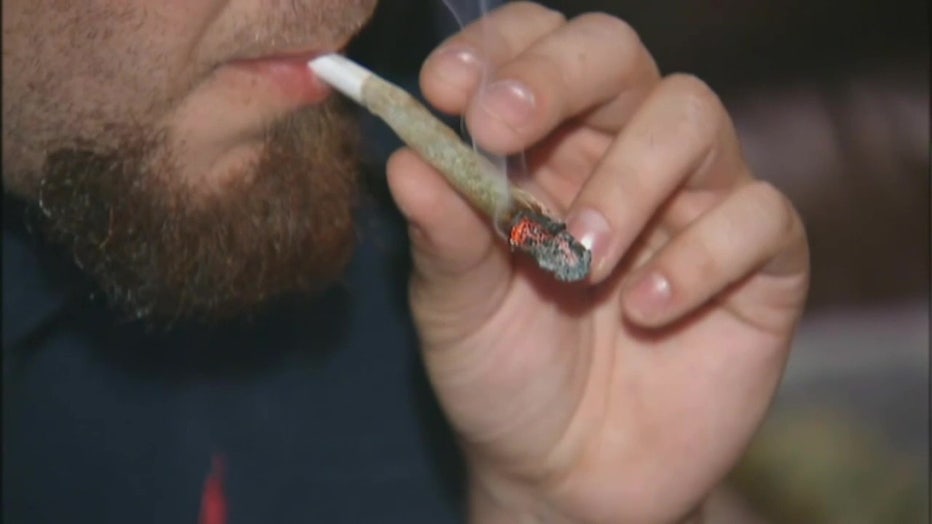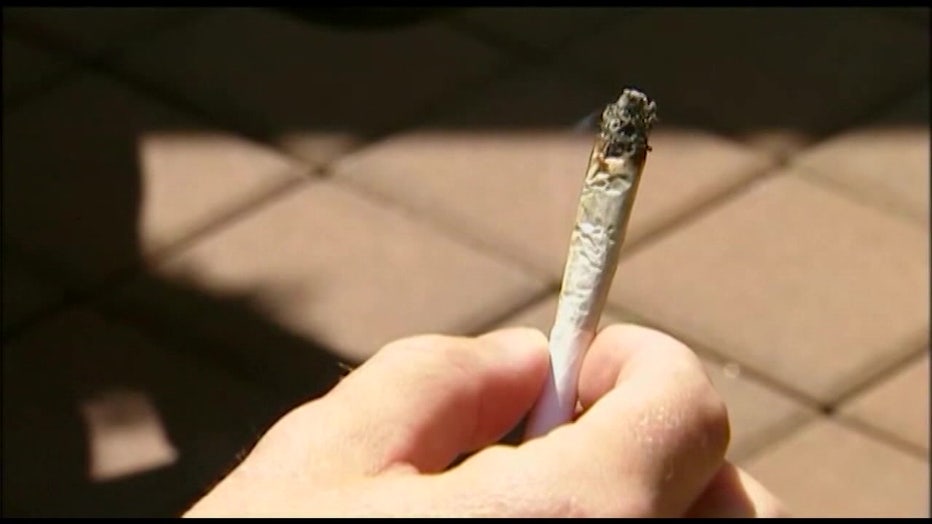Bill to cap THC potency in recreational marijuana products advances in Florida
Florida lawmakers target recreational pot
A Florida bill would limit the potency of recreational marijuana. Regina Gonzalez reports.
TAMPA, Fla. - As supporters wait to see if recreational marijuana will be on the ballot this November, Florida lawmakers are planning ahead.
A senate panel just advanced a bill targeting future pot products if voters eventually give them the green light.
On Tuesday, the Senate Health Policy Committee approved their version of the bill (SB 7050), which would cap THC in smokable marijuana at 30 percent; impose caps of 60 percent on other products, including pre-filled vape cartridges for inhalation; and limit edibles to 10 milligrams of THC for each "single serving portion," with a total cap of 200 mg of THC.
Committee Chairwoman Colleen Burton of Lakeland, who is carrying the senate version of the bill, said its aimed at beginning to create a separate regulatory structure for recreational marijuana, should the amendment be placed on the ballot and be approved.

Man smoking marijuana
If signed into law, provisions of her bill would take effect 30 days after passage of a recreational marijuana amendment and would only apply to products being sold for recreational use, not medical marijuana.
RELATED: Recreational marijuana initiative inches closer to making it on November ballot: Gov. DeSantis
"Should the amendment pass, we will continue to have a medical marijuana market and we would have a personal use market," Burton added. "The potencies and quantities that you see in the recommended language today are based upon keeping that separate."
It comes as the state waits to find out if the Florida Supreme Court will green light the effort to put recreational marijuana for those 21 and older on the 2024 ballot.
Florida lawmakers are crafting these rules just in case voters say yes.

Marijuana leaves.
State Senator Tracie Davis (D-Jacksonville) raised questions about the necessity of the bill, while others don't think regulations should come before voters have their say.
READ: Riverview man arrested after spying on employees in marijuana facility bathroom: HCSO
"This feels like a preemption," Davis said. "I would say the best description is that we are putting the cart before the horse, in putting this before the ballot initiative that may or may not pass."
The state’s medical-marijuana operators and cannabis proponents oppose the caps.
Trulieve, the state's largest medical marijuana operator, has contributed more than $40 million to the Smart & Safe Florida political committee seeking to put the recreational-use proposal before voters.

The proposed caps could also result in a major disparity in potency levels between the recreational and medicinal pot programs.
The vast majority of smokable flower products currently sold by Florida’s medical-marijuana operators have less than 30 percent THC, which would largely be in line with the proposed cap for recreational products.
READ: Biden pardons thousands convicted of marijuana charges in DC, federal lands
But other products — including vape cartridges, for inhaling — currently for sale have potency levels far higher than the 60 percent cap included in the legislative plans.
Multiple studies and reports have shown some connection between high-potency cannabis and the risk of psychosis or addiction. To date— it’s prompted only Vermont and Connecticut to approve THC limits. Critics note there’s little evidence caps are safer. That’s as others urge the legislature to slow down.

